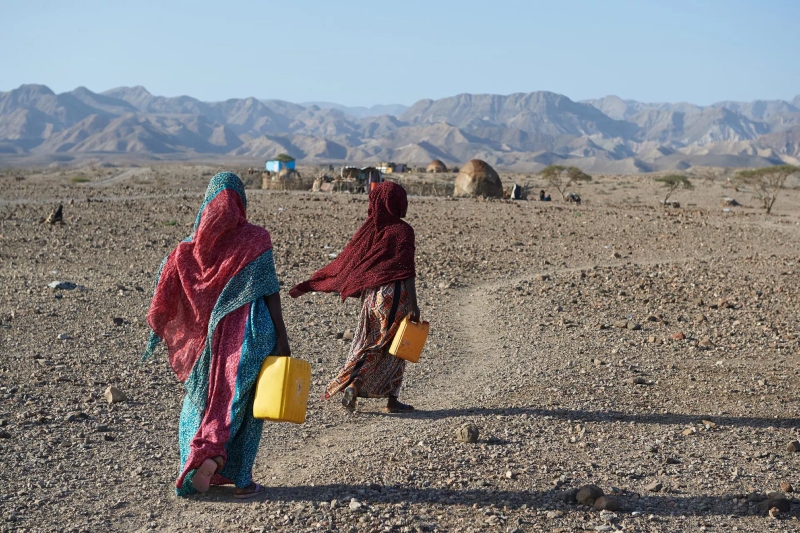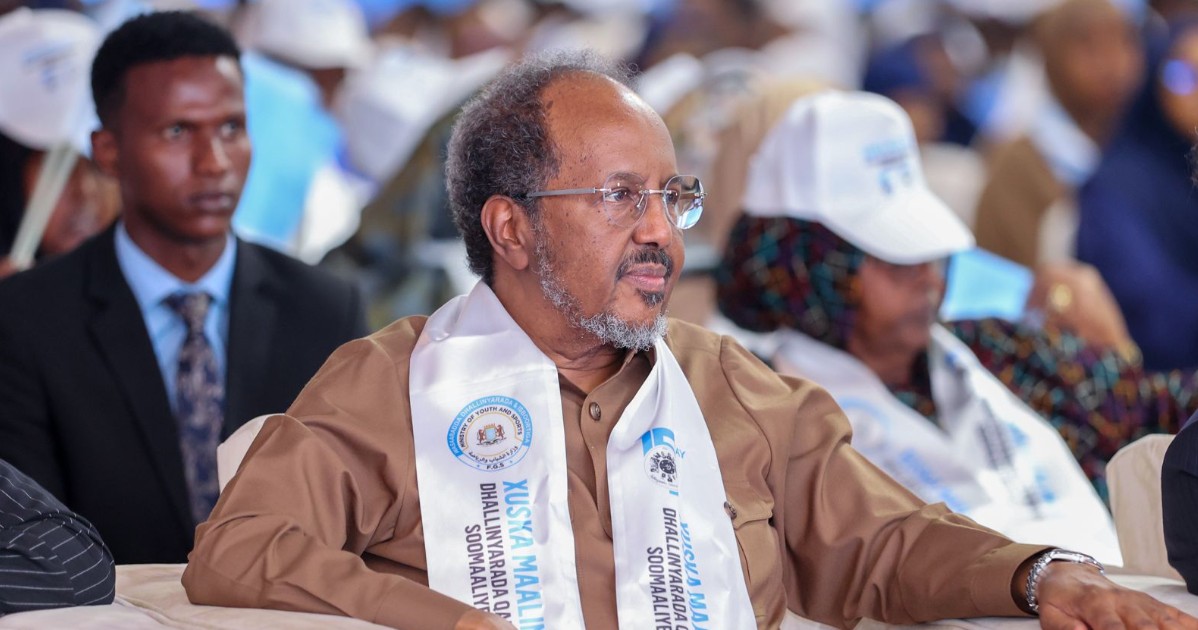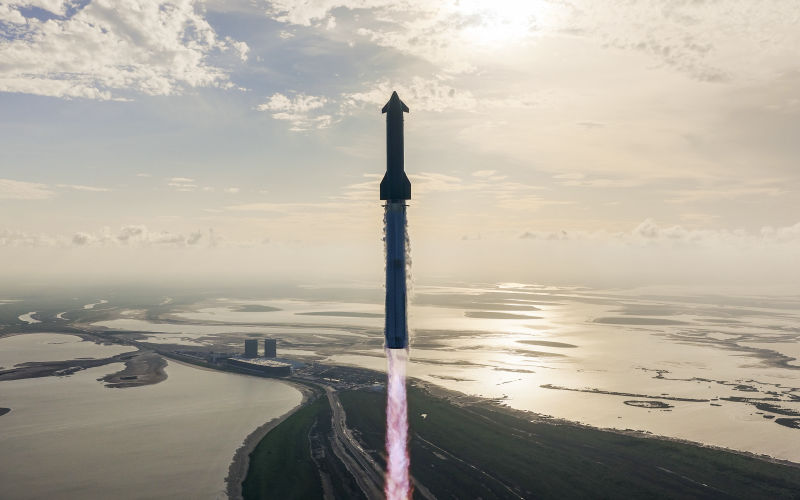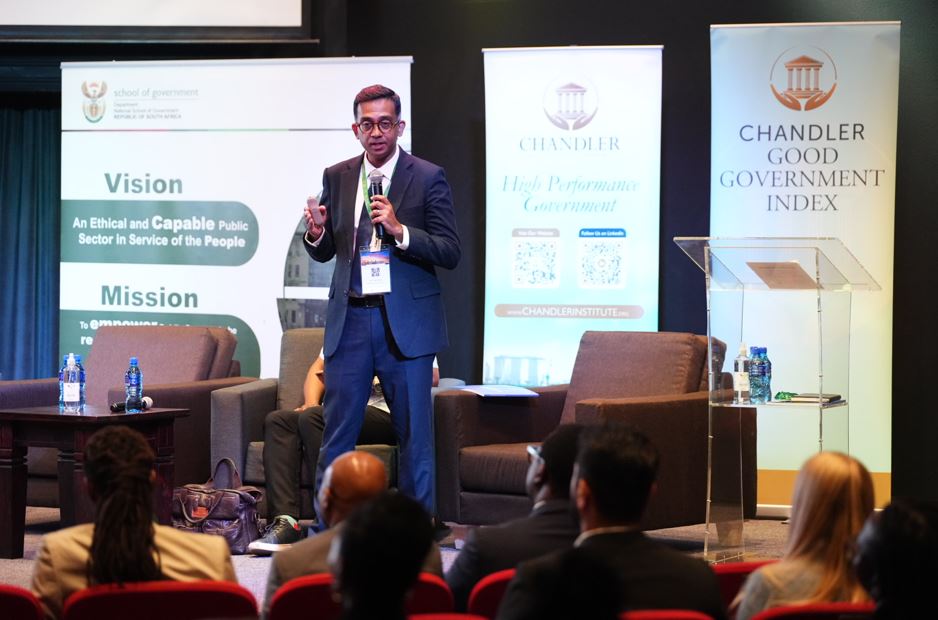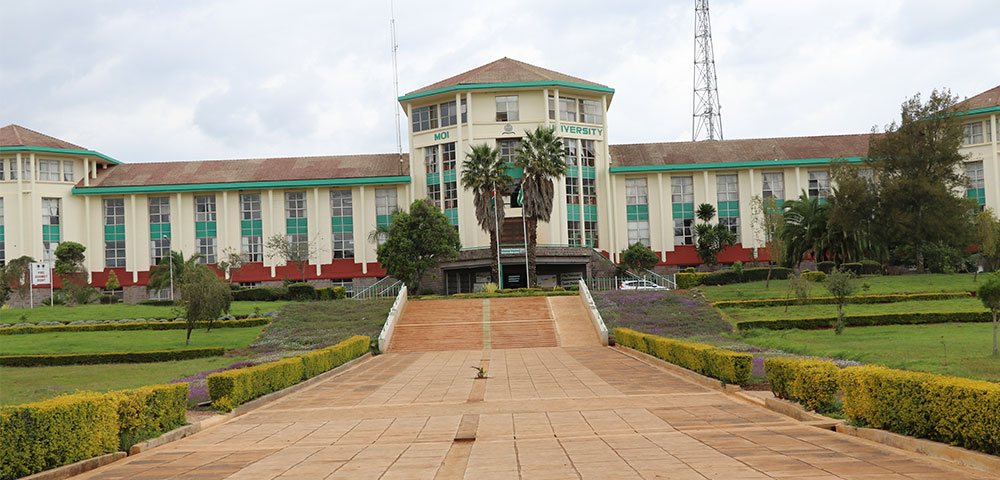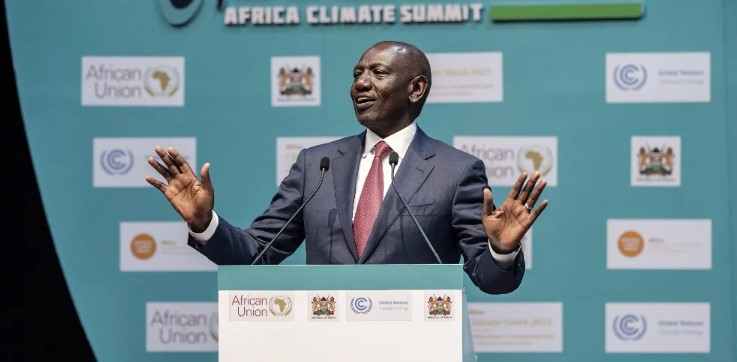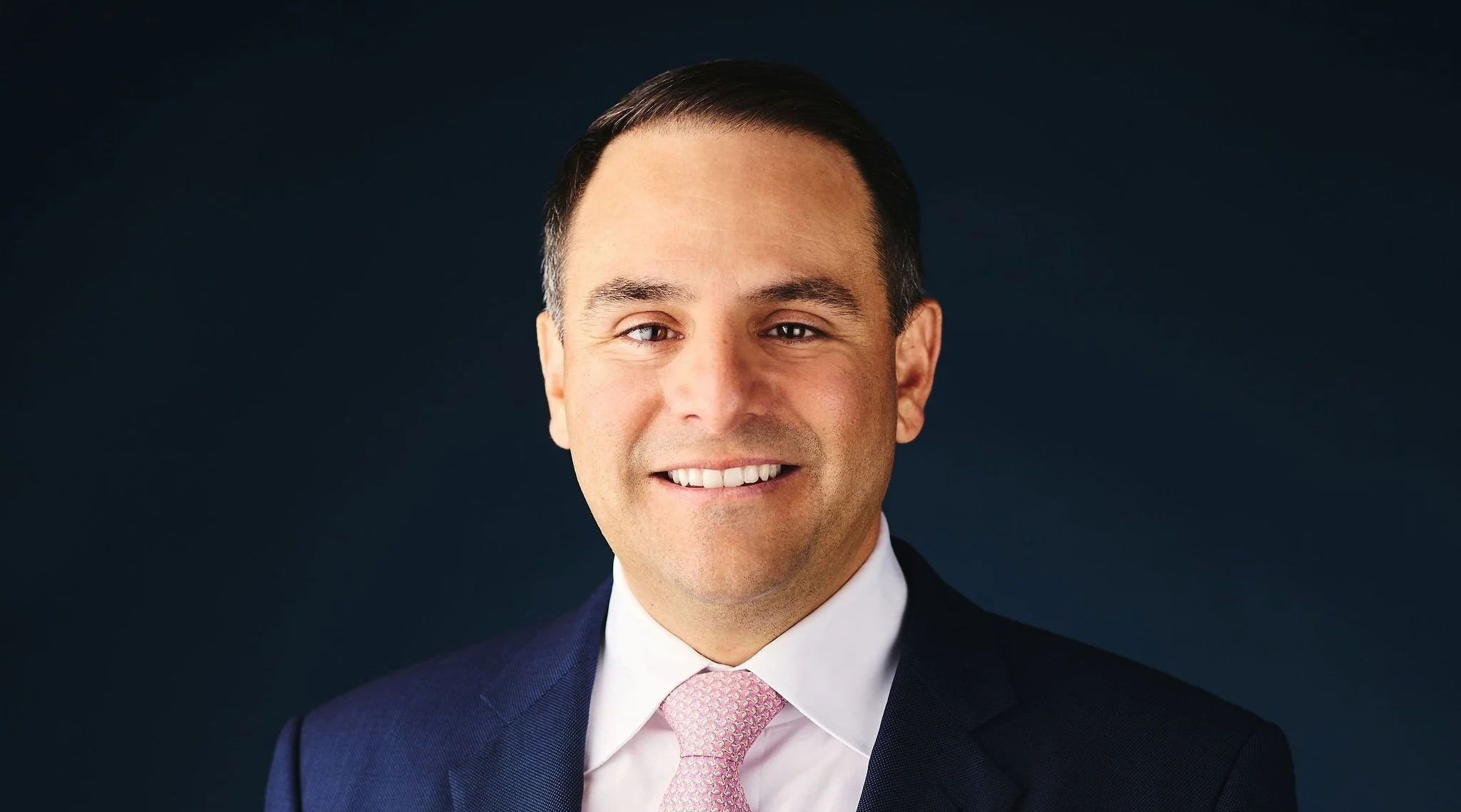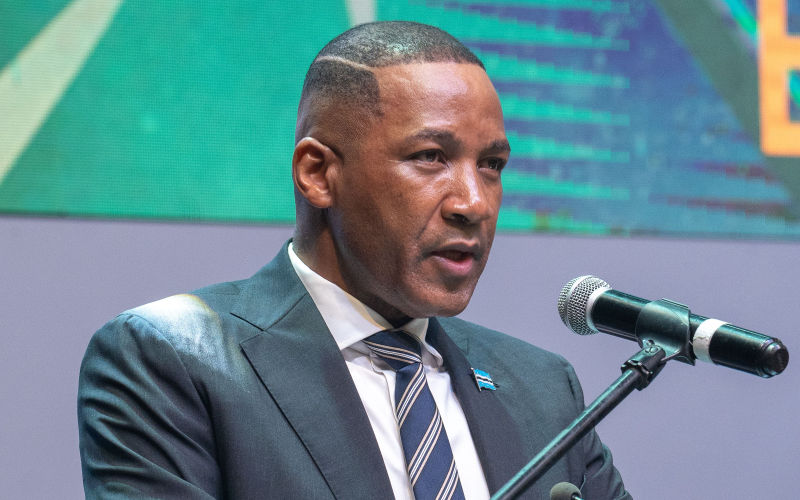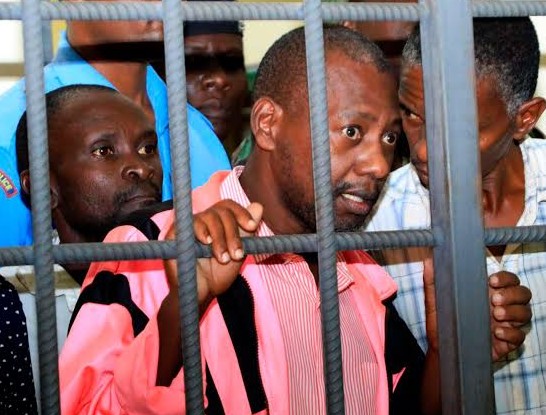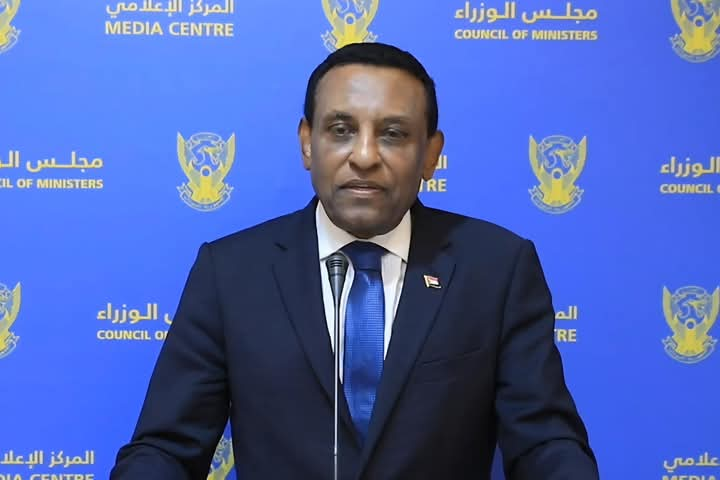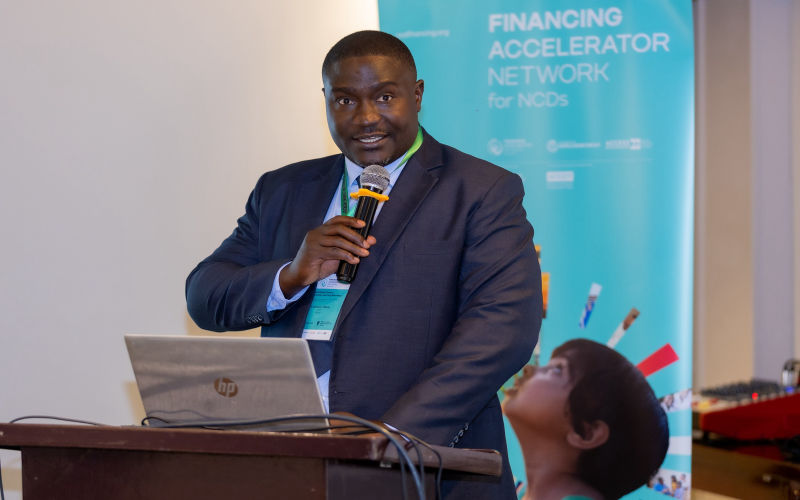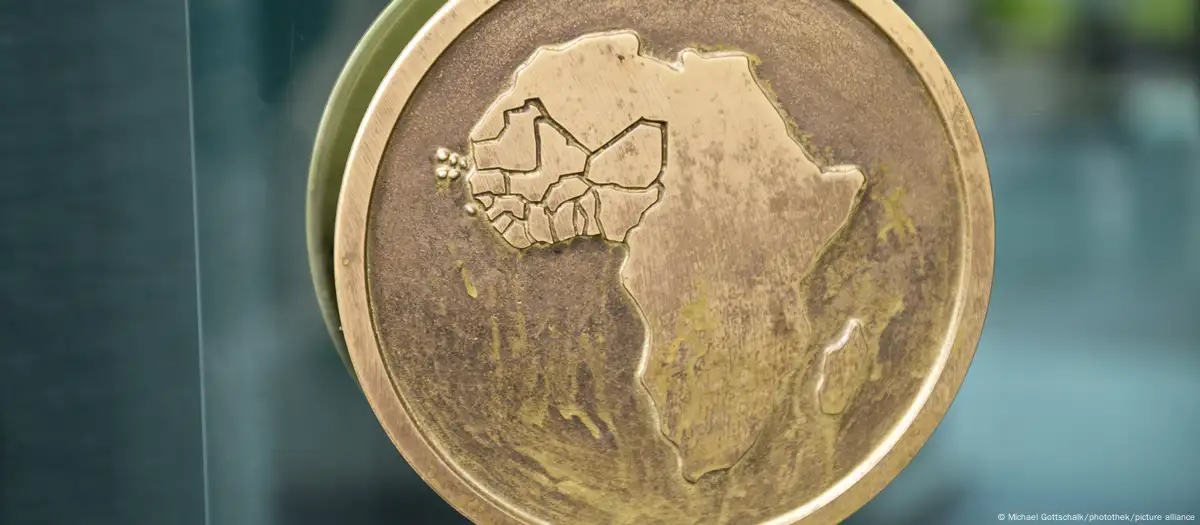Senegal unveils 25-year economic and social development plan

Early in his presidency, Faye initiated an audit of oil and mining contracts, but the authorities have not shared details on its progress.
Senegal's government unveiled a 25-year development plan on Monday that it said would lay the foundations for economic sovereignty through competitiveness, sustainable resource management, and good governance.
The agenda was launched seven months after President Bassirou Diomaye Faye clinched a landslide election victory on a promise to improve livelihoods in the West African nation.
More To Read
- Burkina Faso's military junta disbands electoral commission, calling it a waste of money
- French military ends permanent presence in Senegal
- Hope against the odds: Somalia chase historic point against Senegal in AFCON U17
- Senegal to summon ex-president Macky Sall over financial irregularities
- Audit shows Senegal's previous government misreported key economic data
- What France loses by closing its military bases in Africa
"We aim to build a diversified and resilient economy," Faye said at the launch ceremony, which comes a month ahead of a snap legislative election.
"Our ... economy has been neutralised by a model of exploiting raw materials without any significant local processing or valorisation, leaving our domestic private sector too weak ... and our young talent in desperate search of opportunities," he said.
Senegal became an oil producer in June when Australia's Woodside Energy WDS.AX started production at its Sangomar oil and gas field. Gas production is also due to begin by the end of the year at the Greater Tortue Ahmeyim liquefied natural gas project, operated by BP.L.
Early in his presidency, Faye initiated an audit of oil and mining contracts, but the authorities have not shared details on its progress.
The first phase of the economic plan, which will cost $30.1 billion and run from 2025-2029, aims to reduce the budget deficit to 3% of GDP throughout that period, down from 4.9%.
It will be funded by a mix of public, private, and public-private partnership financing. It is based on an average growth rate of 6.5% and an increase in the average tax burden to 21.7%.
The International Monetary Fund reduced Senegal's growth forecast to 6.0% in September, down from a forecast of 7.1% in June, after the economy expanded at a slower-than-projected pace in the first half.
Under the new plan, the government aims to increase access to electricity to 100% from 84% and make Senegal energy self-sufficient.
The new administration will also modify Senegal's deficit financing structure in order to reprofile national debt.
Faye has been under pressure to make good on his election promises from disenfranchised urban youth, whose support helped bring him to power.
The president has also faced resistance from the national assembly, prompting him to dissolve parliament last month, paving the way for the snap legislative election on Nov. 17. His Pastef party had little leverage with only 26 seats in the now-dissolved 165-member parliament.
Government revenue fell significantly in the first eight months of the year, according to the IMF, and there are concerns the election could delay IMF financing.
Other Topics To Read
Top Stories Today

